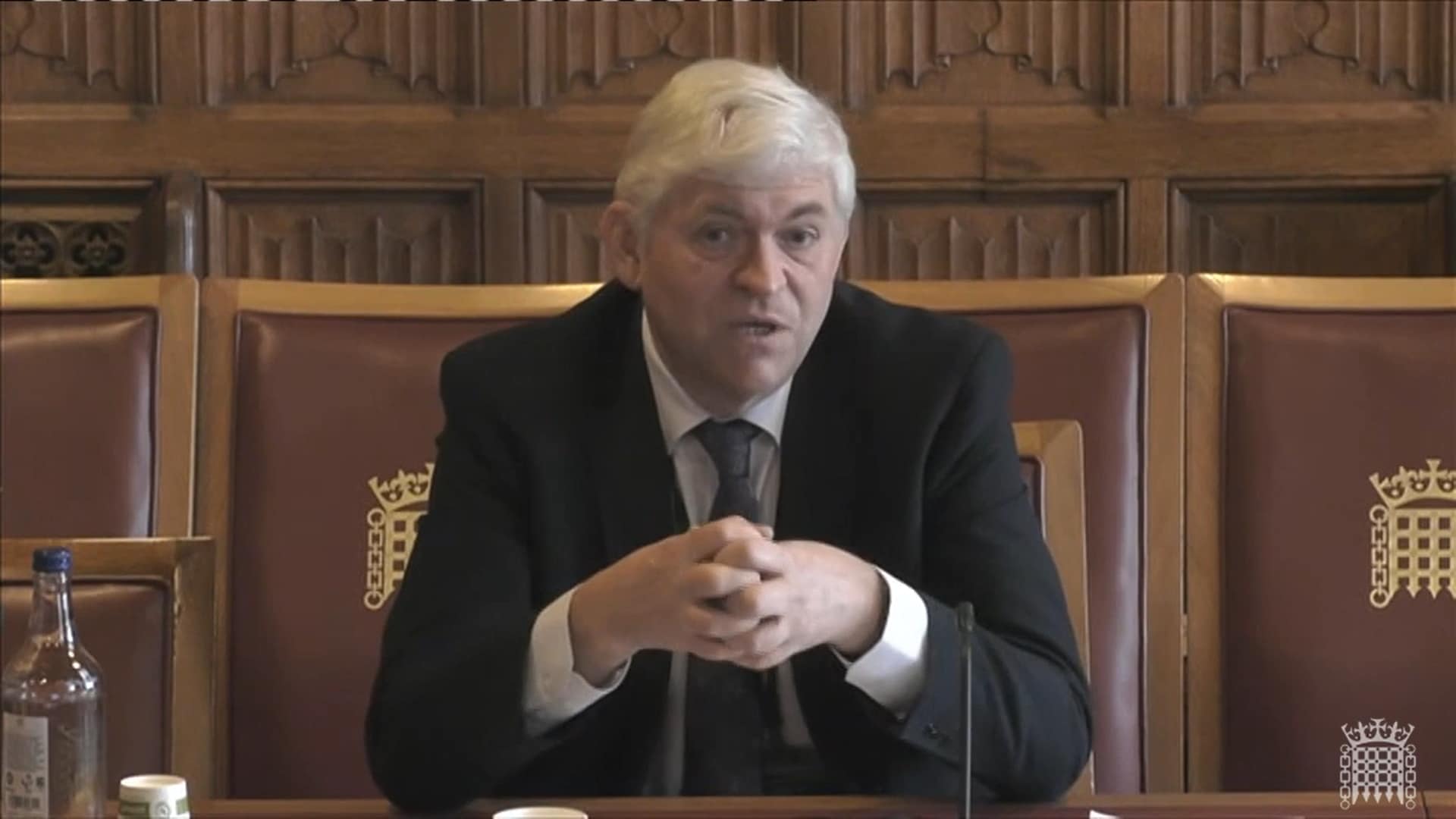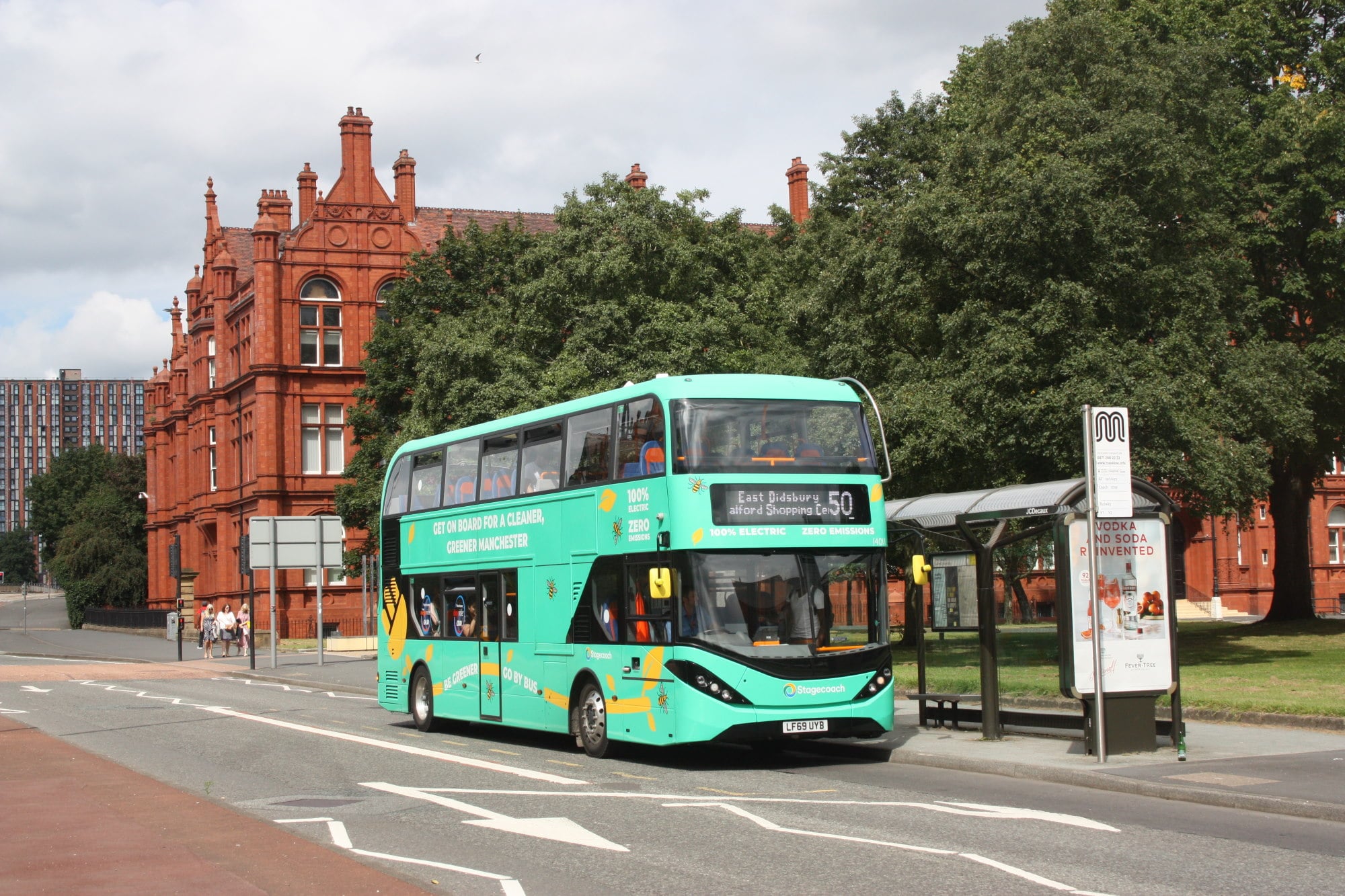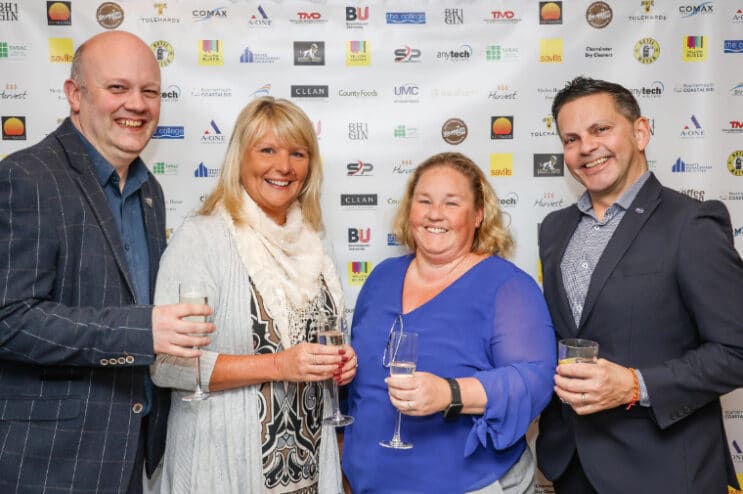Demand-responsive transport is the “most interesting” proposition due to be implemented in the West Midlands, according to Chris Lane, Head of Transport Innovation at Transport for West Midlands, who was speaking at a recent evidence session for the House of Lords Built Environment Committee.
At the second session focusing on innovation as part of the enquiry into public transport in towns and cities, which is considering the impact of technological and digital developments on travel behaviour as well as future trends in public transport and how policy can be shaped in response to those trends, Mr Lane says DRT may offer a solution to the decline in overall bus usage and that the WMCA is “looking forward to investing” in it.
“We’ve done some research in Coventry with these services to understand how they work. People like them and people are starting to use them. It’s a really nice fit for where a standard bus service wouldn’t work,” he explains.
It comes after Mr Lane revealed that car use in the West Midlands now exceeds pre-pandemic levels and that dealing with it going forward is “going to be a challenge”. He puts that increased car use down to government messaging to avoid public transport.
Buses still carry the most people in terms of the public transport offer, and it is “too early to know” whether changes in travel patterns are permanent or not. However, the changing travel patterns and rise of hybrid working is reason for the importance of digital connectivity and modes of transport to serve changing infrastructure – particularly the concept of the “15-minute neighbourhood”.
Further work with DRT in the West Midlands follows the award of £1.2bn of funding through the City Region Sustainable Transport Settlement last year, spread among the West Midlands’ seven boroughs. That funding has been welcomed and will see an extended funding period of five years. However Mr Lane warns that the funding still does not go far enough. “For what we are asking to do we need more, but that funding will make a difference. We will start to see changes to the metro and to DRT, and it will help towards electric vehicle charging.”
He adds that through the setting up of the Mayoral Combined Authority the West Midlands has new powers that have helped with land remediation, development and transport, and through the Levelling Up White Paper has been offered the change to become a trailblazer for the next devolution deal, in which every part of England can get “London style” powers and a mayor.
“We are shaping what policies and powers the mayor could have to unlock these things,” Adds Mr Lane. “Traffic orders, vehicle licensing, the spread of bus – by centralising that, it allows you to think across the region.”
The Committee is expected to make recommendations to government later this year.



























